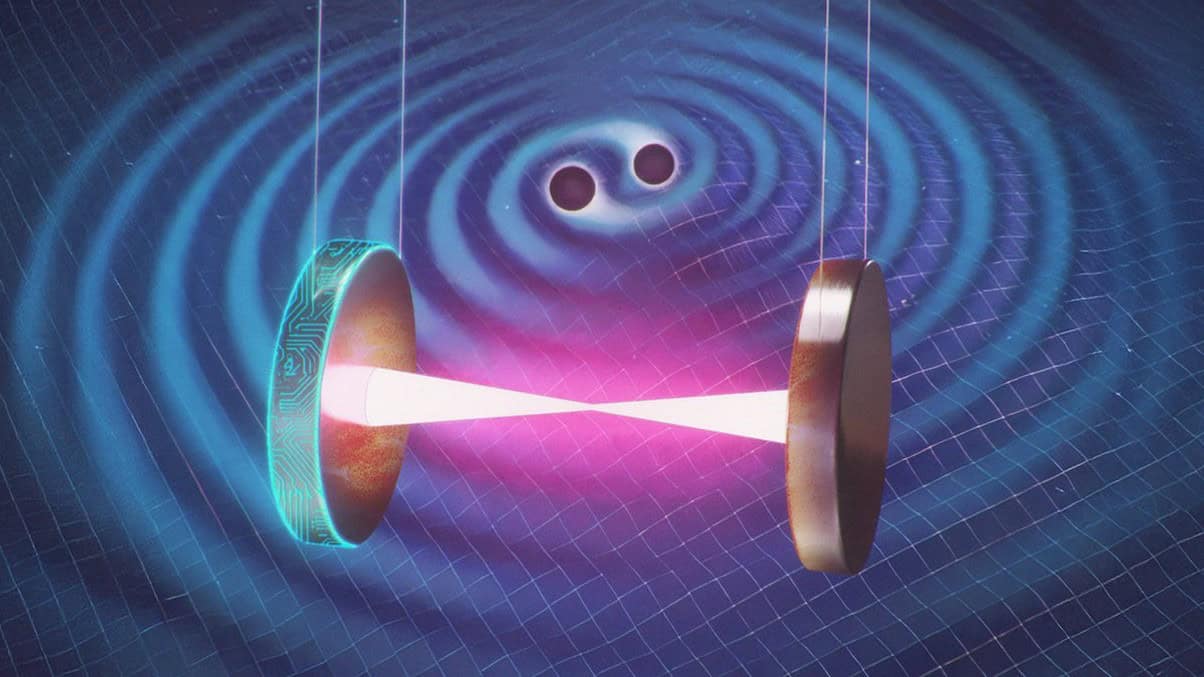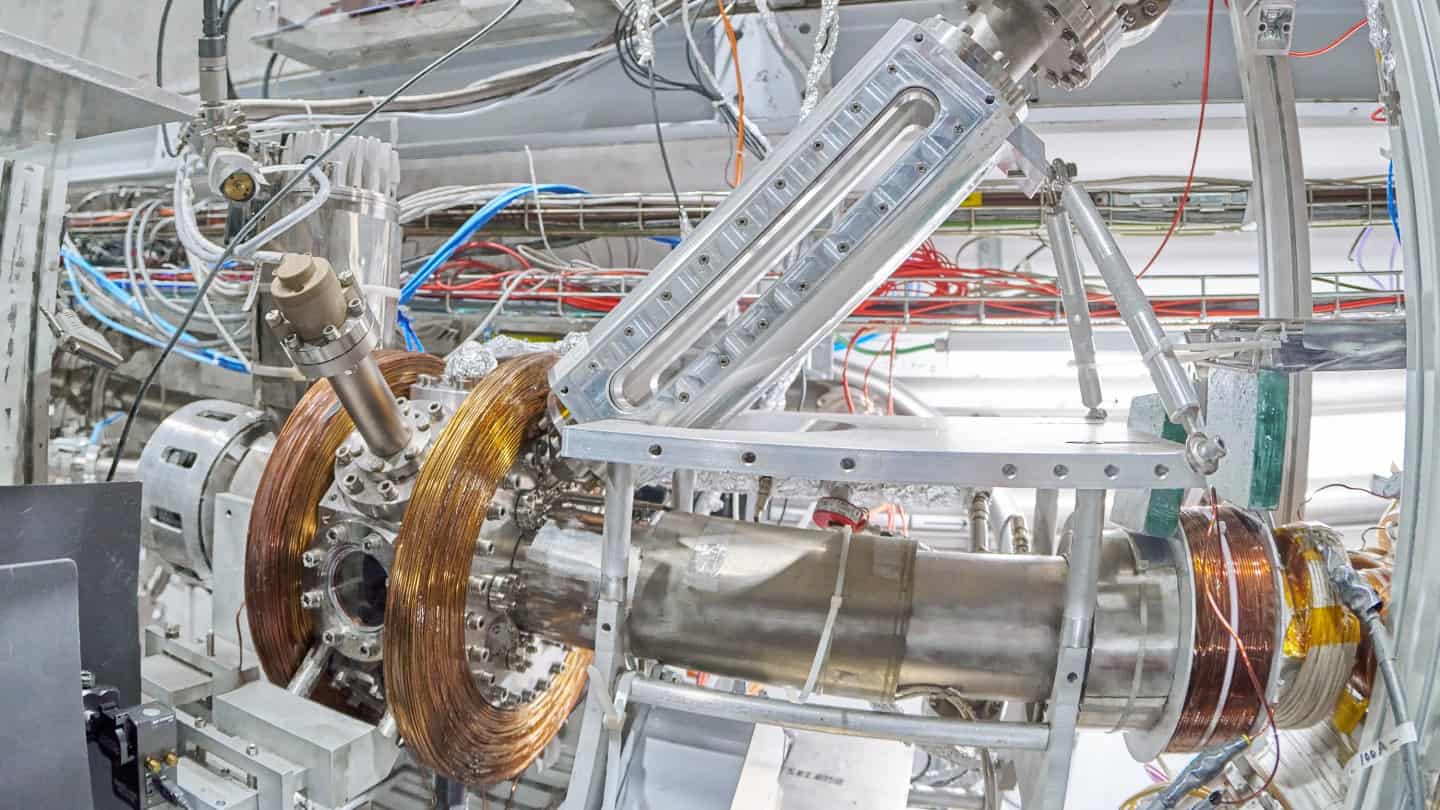Neuralink, the California-based neurotechnology company, has implanted a wireless brain chip in a human for the first time, revealed co-founder Elon Musk. The big development was revealed by Musk on January 29 via a series of posts on X (formerly known as Twitter). Neuralink has been working on creating implantable brain-computer interfaces (BCIs). Last year in May, the company received approval from the US Food and Drug Administration (FDA) to conduct human trials. In September 2023, the neurotechnology firm began its human trial recruitment.
Announcing in a post, Musk said, “The first human received an implant from Neuralink yesterday and is recovering well. Initial results show promising neuron spike detection.” He also revealed separately that the first BCI product by the company had been named Telepathy. The brain chip enables the control of a computer or a smartphone just by thinking, claimed the co-founder. Interestingly, the company posted a video on YouTube in 2021 where a monkey could be seen controlling a game of ping-pong with his mind, after being implanted with the chip.
“Imagine if Stephen Hawking could communicate faster than a speed typist or auctioneer. That is the goal,” he added. The first users of the product will be those who have lost the use of their limbs.
While Neuralink received its FDA approval to conduct human trials last year, it rejected an application to pursue the same in 2022. At the time, the regulatory body had cited major safety concerns involving “the device’s lithium battery; the potential for the implant’s tiny wires to migrate to other areas of the brain; and questions over whether and how the device can be removed without damaging brain tissue,” as per a report by Reuters.
In a 2019 presentation, Musk explained that Neuralink BCIs were composed mostly of polyimide alongside a thin gold or platinum conductor. These were inserted into the brain through an automated process performed by a surgical robot. The chip contains a high number of ultra-thin nodules with wires called probes. The endings of these probes contain electrodes that are capable of locating and reading electrical signals in brain. These signals are then wirelessly transmitted to a device which can convert it into electronic commands to control a device.
In the past, the company has conducted extensive tests on animals and has claimed a high success rate. While performing a successful brain chip implant is a major milestone, the success of the product will be determined by its long-term performance and lack of side effects.







![Scream 7 Trailers Are Making Me Think [SPOILER] Has To Be The Killer Scream 7 Trailers Are Making Me Think [SPOILER] Has To Be The Killer](https://cdn.mos.cms.futurecdn.net/SB3efVqBwkiQ9NbuDBsTq8-1280-80.jpg)

